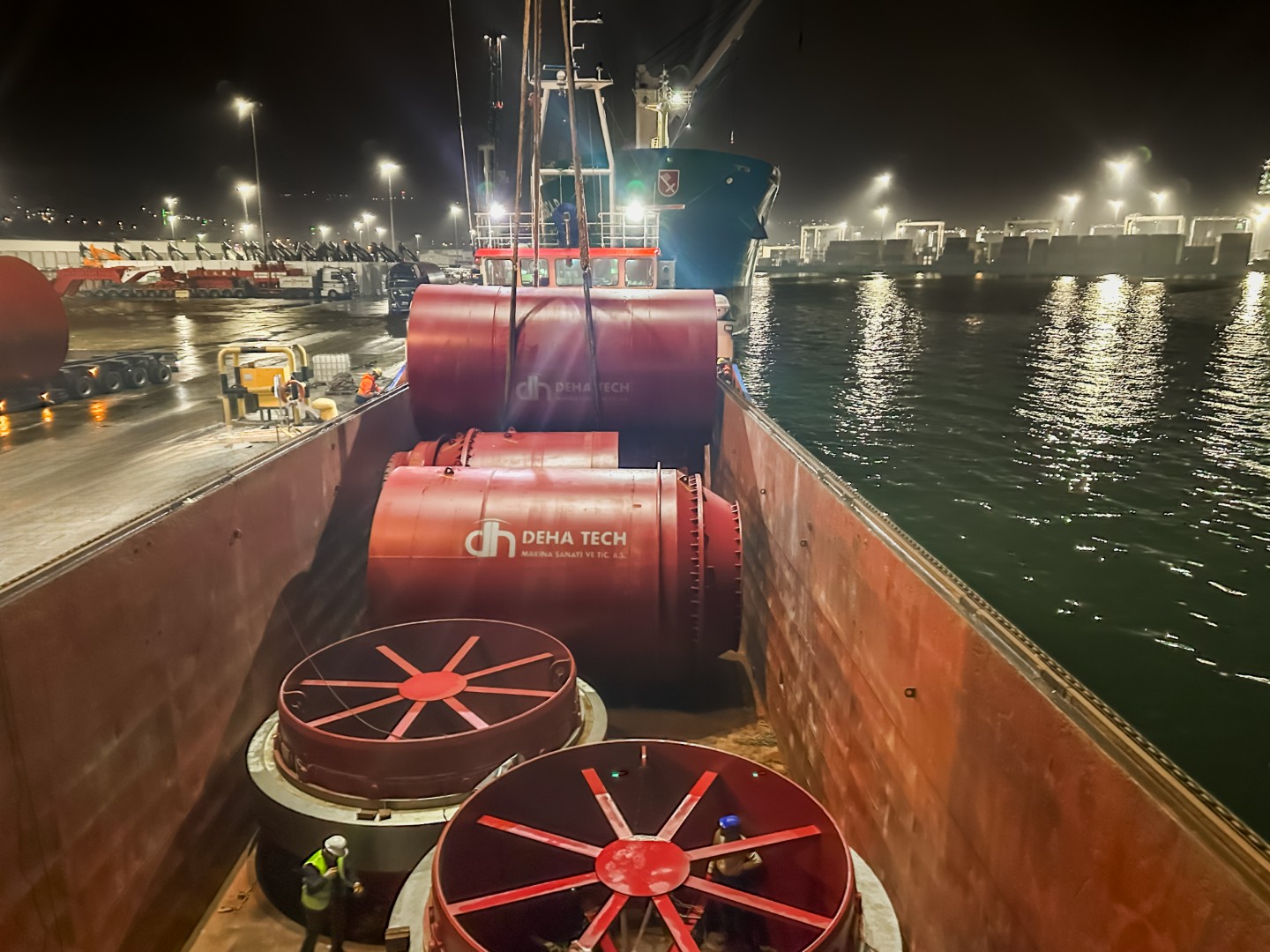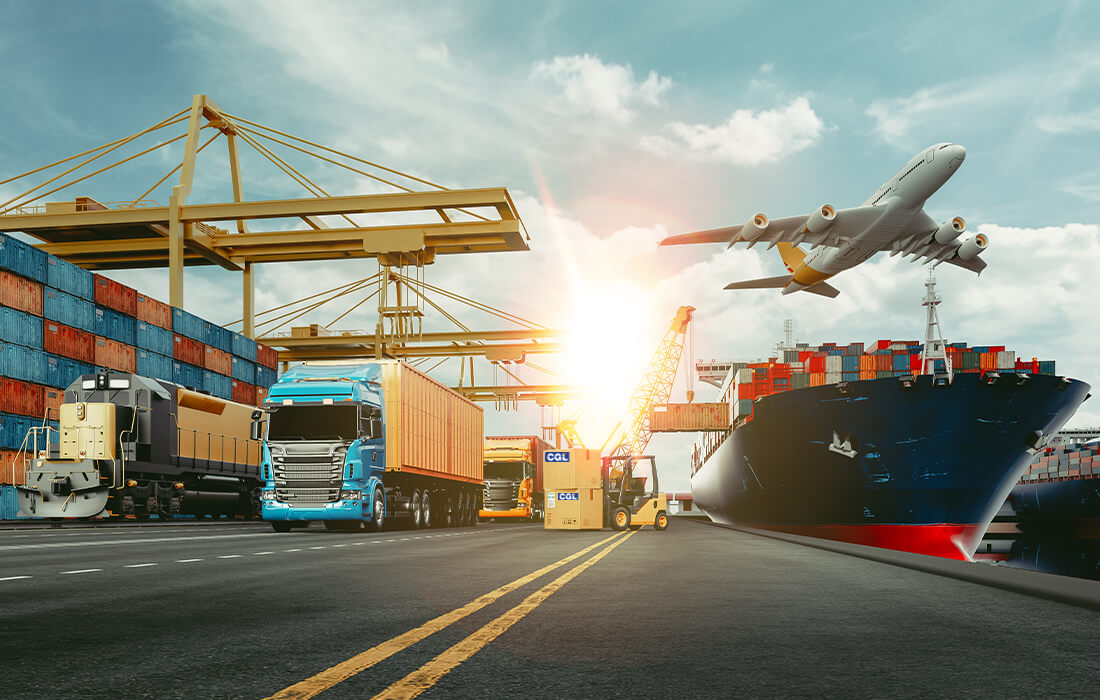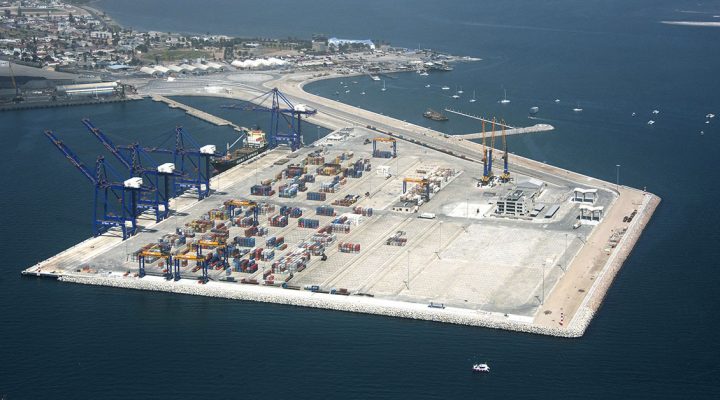
Libya Project Cargo Transport 2025 | Emerging Trends and Logistics Strategies
As of 2025, Libya is rapidly becoming a significant logistics hub for project cargo transport, driven by a surge in infrastructure and energy investments. The active involvement of Turkish construction firms in North Africa has considerably increased the volume of specialized and large-scale shipments to Libya. These developments are not only creating new opportunities in maritime logistics but also intensifying the need for strategic and customized transport solutions.
1. Rising Demand for Logistics to Libya
Libya’s reconstruction efforts require the transport of construction machinery, modular structures, energy equipment, and heavy cargo. These shipments typically fall under breakbulk or project cargo categories, which cannot be efficiently managed through standard container shipping.
2. Emerging Trends and Technological Applications
Some of the key logistics trends observed in 2025 for shipments to Libya include:
-
Real-time cargo tracking via photos, videos, and location-based reporting
-
End-to-end integrated transport solutions
-
Port operation optimization and advanced cargo handling technologies
-
Eco-friendly logistics strategies with a focus on reducing carbon emissions
3. GMC Lines’ Strategic Position in Libya
At GMC Shipping Lines, we provide reliable, scheduled, and project-based logistics services to Libya through our well-structured and experienced operations team. We operate regular sailings from ports in the Black Sea, Marmara, and the Mediterranean to key Libyan ports such as Tripoli, Misrata, and Benghazi. Our field team plays an active role throughout the operation—from initial loading to final delivery—ensuring full control over every step.
4. Outlook for the Future
Libya’s development is expected to continue steadily over the next five years. In this context, logistics companies will need to develop region-specific transport strategies. Successful execution will rely heavily on well-planned operations that consider customs processes, port infrastructure, and regional security protocols.


